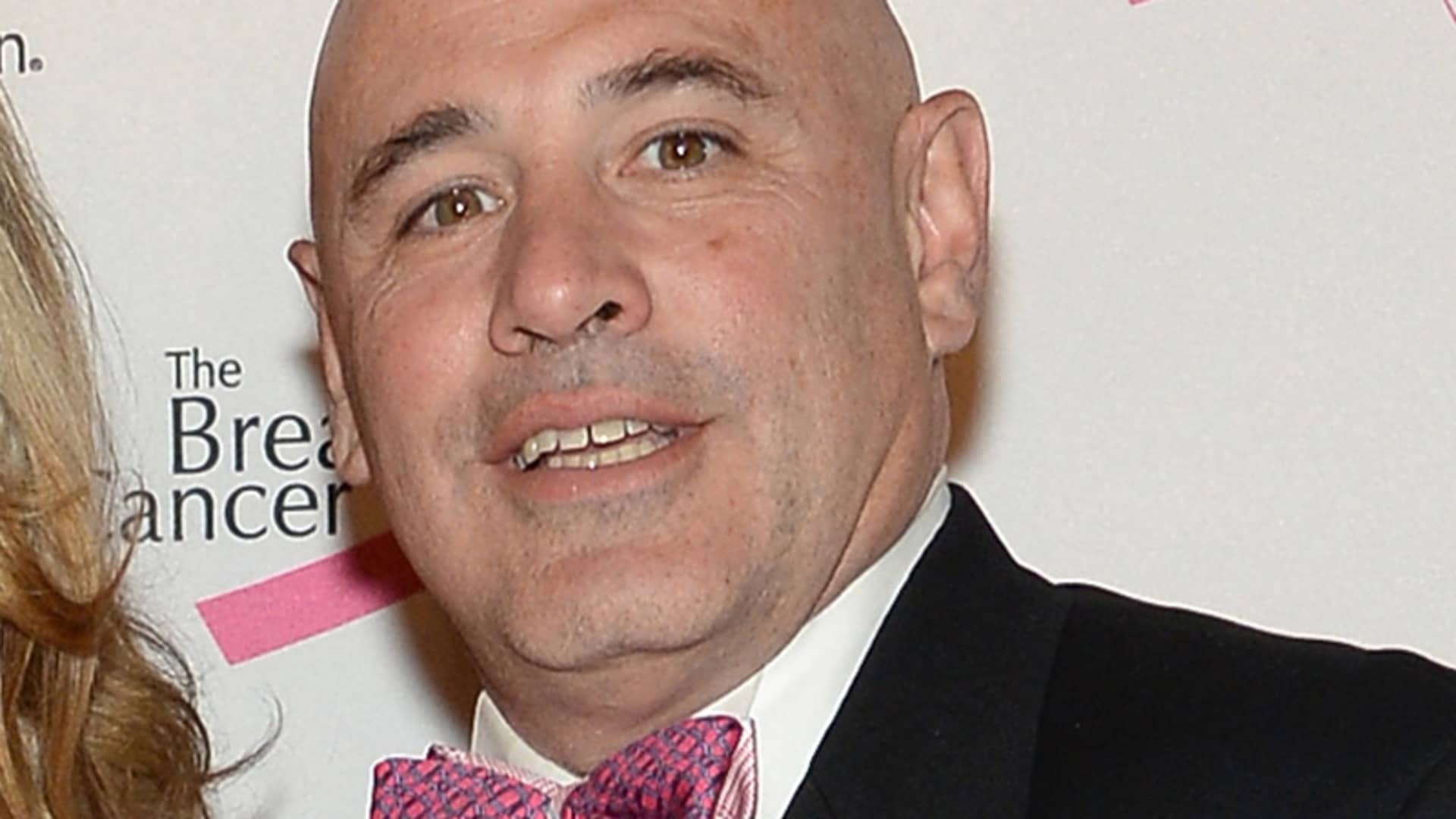Robert Citrone, a billionaire hedge fund manager, has long been a prominent figure in the financial world, known for his astute market predictions and strategic investment decisions. His recent bearish outlook on the market, including a forecast of a significant correction, has sparked considerable discussion among investors and analysts alike. Citrone’s career, marked by both remarkable successes and strategic pivots, provides a compelling case study in navigating the complexities of the global financial landscape.
Citrone’s journey in the financial sector began with the establishment of Discovery Capital Management, a hedge fund that has grown to manage over $1.2 billion in assets. His Discovery Global Opportunity Fund has been particularly notable, achieving substantial gains and solidifying his reputation as a top-tier fund manager. Citrone’s ability to generate impressive returns, including a remarkable $730 million in a single year, underscores his proficiency in identifying and capitalizing on market opportunities. His success is rooted in a combination of rigorous research, strategic foresight, and a willingness to adapt to changing market conditions.
Despite his past achievements, Citrone has recently adopted a more cautious stance, predicting a notable correction in the stock market. This bearish outlook is informed by a range of factors, including macroeconomic indicators such as inflation, interest rates, and geopolitical tensions. Concerns about overvalued assets, speculative bubbles, and the potential for unexpected economic shocks further contribute to his cautious perspective. Citrone’s decision to cut his long equity portfolio and adopt a net short position in U.S. equities reflects a strategic move to mitigate potential losses and capitalize on anticipated market declines. This shift highlights the importance of active risk management and the need for investors to remain vigilant in the face of market volatility.
The broader economic context plays a crucial role in shaping Citrone’s forecast. Inflationary pressures, rising interest rates, and geopolitical uncertainties all contribute to a more volatile and unpredictable market environment. Additionally, shifts in investor behavior, regulatory changes, and technological disruptions can further exacerbate market volatility. The experiences of other prominent investors, such as Prem Watsa’s focus on value investing, underscore the ongoing debate about the most effective investment strategies in a rapidly changing environment. Citrone’s bearish stance is not an isolated phenomenon but rather part of a broader trend among top hedge funds, reflecting a growing skepticism towards high valuations and a renewed interest in more traditional, undervalued sectors.
In light of Citrone’s forecast and the inherent uncertainties of the market, investors must consider strategies to protect their portfolios and capitalize on emerging opportunities. Diversification remains a fundamental principle, spreading investments across different asset classes, sectors, and geographic regions to reduce risk. Active risk management, involving continuous monitoring and adjustments to portfolio allocations, is also crucial. Investors may consider hedging strategies, such as short selling or buying put options, to protect against potential market declines. Furthermore, a focus on fundamental analysis, assessing the intrinsic value of assets based on underlying financial metrics, can help identify undervalued opportunities and avoid speculative bubbles.
Despite his overall bearish outlook, Citrone continues to identify opportunities in specific sectors and individual stocks. His focus on small-cap stocks with significant upside potential suggests a belief that certain companies may be undervalued by the market. Small-cap stocks, typically those with a market capitalization of less than $2 billion, can offer higher growth potential than larger, more established companies. However, they also come with greater risk due to their smaller size, limited trading volume, and potential for volatility. Careful due diligence and a thorough understanding of the companies’ fundamentals are essential when investing in small-cap stocks. Citrone’s ability to balance risk and reward in his investment decisions highlights the importance of a nuanced approach to portfolio management.
The evolving nature of the investment landscape further underscores the need for adaptability and strategic foresight. The rise of agile, research-driven hedge funds highlights the importance of leveraging advanced tools and technologies to gain a competitive edge. Data analytics, artificial intelligence, and other innovative technologies can provide valuable insights into market trends and investment opportunities. Additionally, a focus on sustainable and responsible investing, considering environmental, social, and governance (ESG) factors, is gaining increasing importance among investors. This shift reflects a broader recognition of the need for long-term, sustainable growth and the role of responsible investing in achieving this goal.
Citrone’s strategic shifts also mirror a broader trend among top hedge funds, a transition from technology-led stock rallies towards value stocks and blank-check acquisition companies. This transition suggests a growing skepticism towards the high valuations of some technology companies and a renewed interest in more traditional, undervalued sectors. Value investing, which focuses on identifying companies trading below their intrinsic value, has historically been a successful strategy for generating long-term returns. Blank-check companies, also known as special purpose acquisition companies (SPACs), offer an alternative route for private companies to go public, but they also carry inherent risks due to their speculative nature. Citrone’s ability to navigate these shifting trends highlights the importance of staying informed and adaptable in the face of changing market conditions.
In conclusion, Robert Citrone’s bold calls and strategic repositioning serve as a reminder of the ever-present uncertainties in the financial markets. His forecast of a market correction underscores the importance of vigilance, risk management, and a willingness to adapt to changing conditions. While the future remains unpredictable, investors can navigate the shifting sands of the market by staying informed, diversifying their portfolios, and embracing a long-term perspective. Citrone’s journey, marked by both triumphs and strategic adjustments, offers valuable lessons for anyone seeking to succeed in the complex and dynamic world of finance. His ability to anticipate market trends and adapt his investment strategies provides a compelling case study in the art of navigating the financial landscape with skill and foresight.

